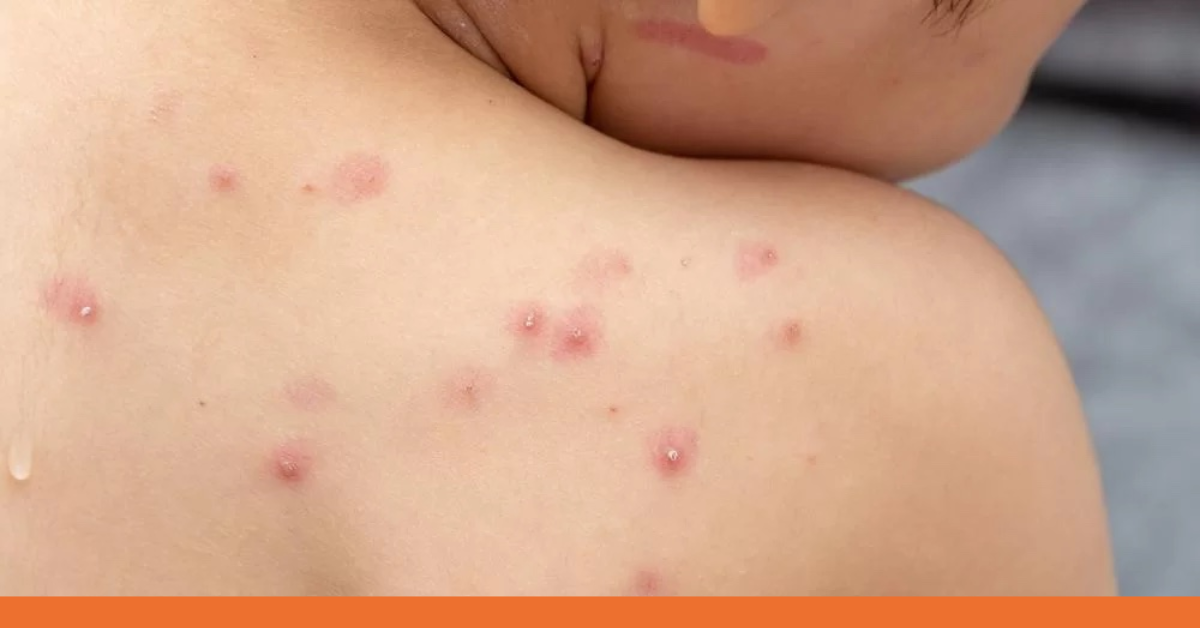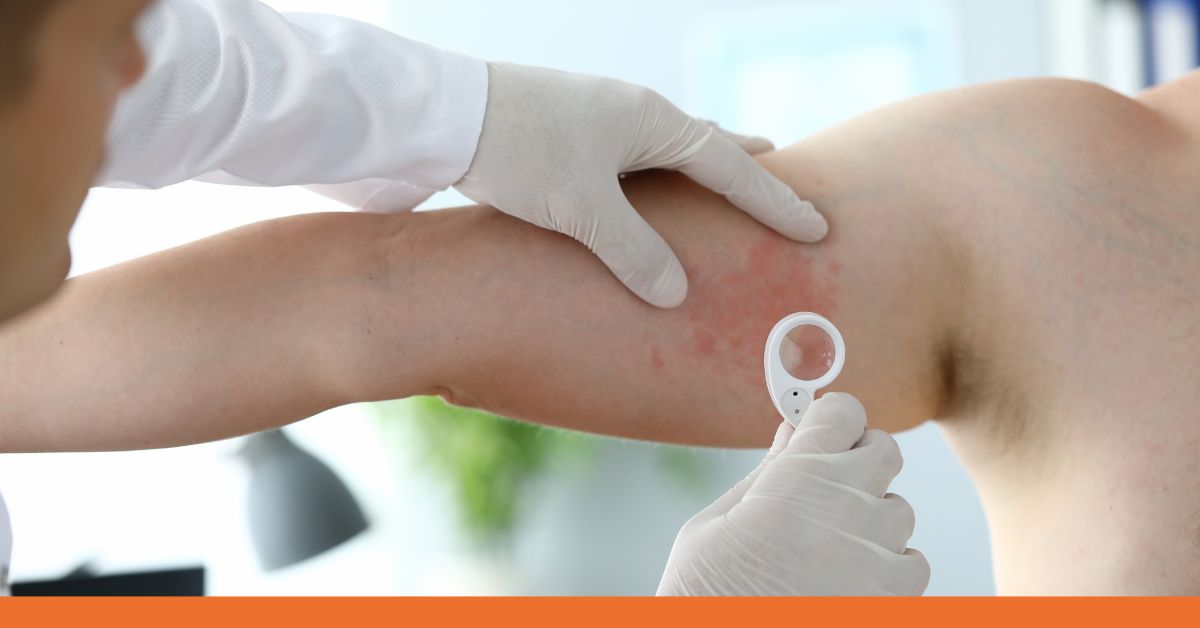A new outbreak is on the rise, and it isn’t something to take lightly. The World Health Organization (WHO) recently declared monkeypox a public health emergency of international concern, meaning there are risks of developing worldwide transmission patterns. With the COVID-19 pandemic still looming, it’s essential to be aware of the symptoms of monkeypox and how to prevent its spread.
Monkeypox is a rare but somewhat more dangerous cousin of smallpox. The virus was initially identified in monkeys and only affected this species. However, the recent change in how monkeypox is passed from one person to another has led scientists and doctors worldwide to worry about what this will do for human health.
According to WHO, the first human case of monkeypox was identified in 1970. It had a relatively rare infection rate for decades until 2003, when 47 people across America were diagnosed with it related to their pet prairie dogs they came into contact with at home or work.
In 2005, a study conducted in the Republic of Congo revealed six cases of monkeypox in humans with an uninterrupted chain linking them all together.
The 2017 outbreak of Monkeypox in Nigeria has captured the attention and concern of many people. The males involved were found to have not come into close contact with any wild primates at all. However, some symptoms involved lesions, prompting researchers to wonder if they might have caught their illness from various human activities. Following this, researchers published a 2019 paper discussing possible modes for the virus’s human transmission.
However, these findings are still yet to be proven as they lack evidence to support their claim. In other words, these activities may be one of the ways it can spread and not the leading cause of the disease.
Fast forward to today, the virus has spread like wildlife, with more than 30,000 cases recorded across 89 countries as of this writing — including the United States.


According to the Centers for Disease Control and Prevention (CDC), monkeypox is a rare but severe infection that can be transmitted through close person-to-person contact with lesions, body fluids, and respiratory droplets. The virus also spreads when objects like clothing or bedding become infected by an individual who has been directly exposed to the item’s surface bacteria before they become sick themselves. This process of “contamination” often occurs during everyday activities such as work, where hands come into contact with various surfaces while handling metal tools near animal cages at zoos.
Additionally, monkeypox is not as quickly transmitted through casual contact compared to coronavirus. You can only catch it if you have prolonged physical proximity, like cuddling or talking closely with somebody infected. The risk of contracting the disease is also high since the virus tends to stay on surfaces with more opportunities for others to come into direct contact.
The incubation period for monkeypox is typically between 3 to 17 days, with symptoms lasting up to 4 weeks. If you have symptoms that last longer than four weeks, it’s best to contact your primary care doctor or make an appointment at one of Fairfield, CT’s most trusted urgent care clinics. The severity of the disease can range from mild to severe, depending on the patient’s current health and route of exposure.

Unfortunately, there is currently no vaccine to protect against monkeypox as of this writing. However, since monkeypox and smallpox are similar in their genetic makeup, CDC suggests the smallpox vaccine may offer some protection against the virus. This means that the antiviral drugs developed to protect against smallpox may be used as a preventative or treatment for monkeypox.
The agency also advises people to avoid contact with infected animals and close contact with people infected with the virus. It’s also essential to practice good hygiene, such as washing your hands often with soap and water for at least 20 seconds, as well as disinfecting surfaces that may have been exposed to the virus.
If you think you’ve come into contact with monkeypox or are experiencing symptoms, it’s essential to seek medical attention immediately. At DOCS Urgent Care & Primary Care Fairfield, our board-certified urgent care providers can evaluate and assess if you’re at risk for the virus. We also offer on-site x-rays, lab testing, and prescribing medication to help ease your symptoms. Plus, we accept most major insurance plans. Contact us today or visit us online to check in for your next urgent care visit.

During this surge in COVID-19 cases, our primary focus is meeting the high demand for tests, and we are seeing higher than usual wait times. This means we are unable to answer most phone calls. Please know that our teams are working very hard during this time to care for as many patients as safely as possible. Please click the button below for answers to common questions. We appreciate your understanding.